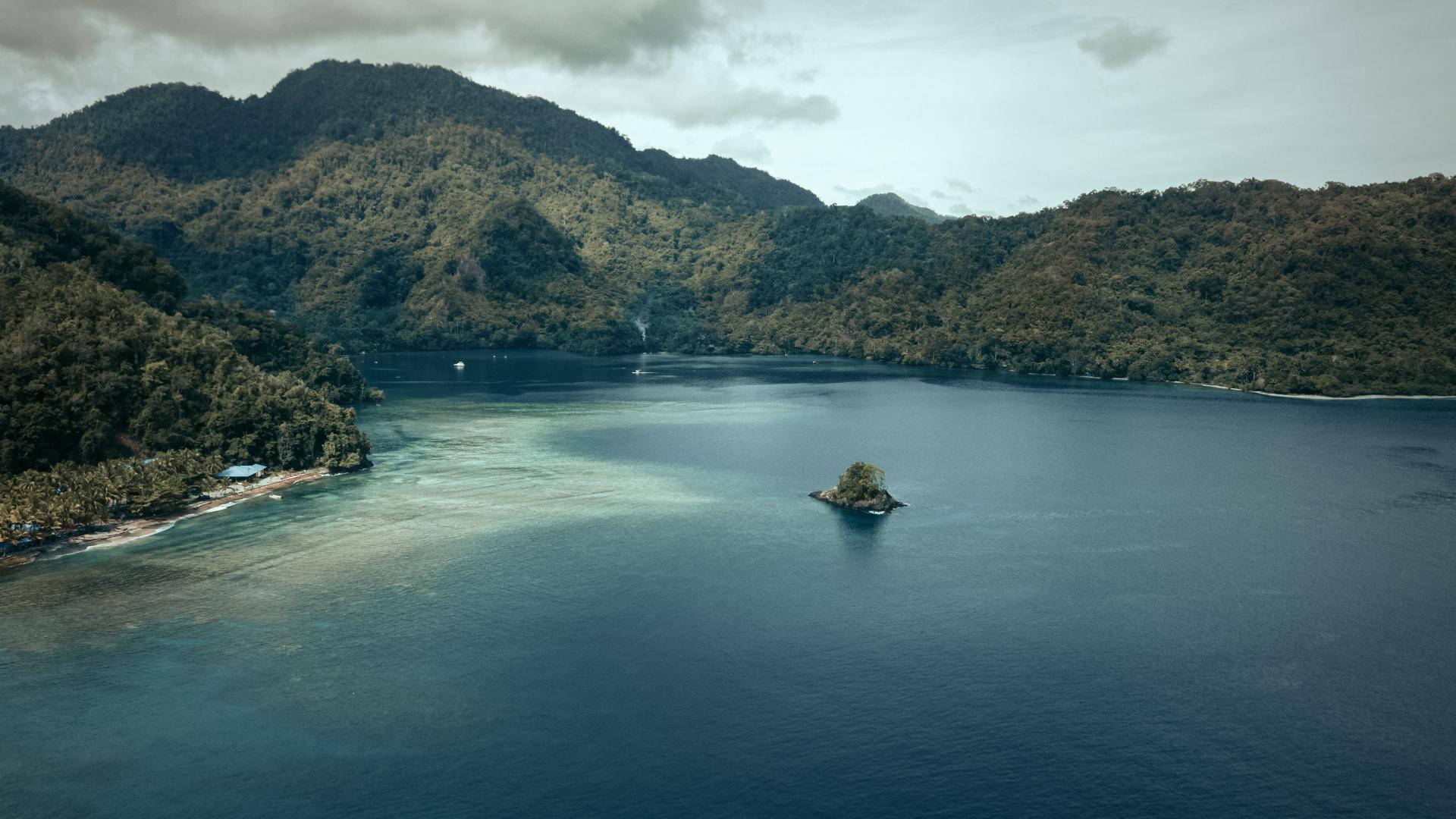An American research team, from Harvard University, took meteorite fragments from the Manus seabed without permission, a Papua New Guinea government official says.
Manus deputy administrator Penua George Polon told The National that the research team flew into Manus, took a ship out to near the Harengan Island and retrieved fragments from the seabed and left.
“When they came in, they didn’t pay a courtesy call to the local provincial government or administration to inform us of what they were doing in our province,” he said.
“When their ship was out at sea, combing the seabed, a defence navy ship went out and asked them what they were doing. They said that they were doing research work.
“They hired a PNG registered ship but anchored theirs outside the Manus seas.
“Then they left without even declaring to us what they found. We read just last week about it from international media sites and were shocked.”
Polon said the Harvard research team explored and returned with the results to the US without permission from the authorities, at both, the provincial and national level.
“What I don’t get is, how did we allow this to happen? We may have missed out on some patent rights, value rights and rights to shared information.
“We’ve been cheated. They came here, no one knew about it and now they’ve gone. What have they found? Does it have value?
“Do we have rights over it? If it’s scientific research, how are our scientific institutions in Papua New Guinea going to benefit?”
Wilson Thompson, from the National Research Institute, which co-ordinates research applications from overseas scientists, said the Harvard research team did not contact them.
“All research applications and research visa applications must come through the NRI who will advise to affiliate with specific institutions and also obtain clearance from province and district in terms of locality and submit to Immigration for issuance of visas,” he said.
The Ocean Affairs department of the Attorney-General’s office is still processing the application from the team members, who entered the country on business visas rather than the special exemption visas issued to scientists.
Chief migration officer Stanis Hulahau said if the research team failed to notify the relevant authorities on their purpose and type of research in PNG, “it may be illegal”.
But Rob McCallum, the expedition leader of the Harvard research team, said the team had submitted a document to Cabinet and were directed to the PNG University of Technology, one of whose scientists accompanied the expedition.
“The project was discussed by Cabinet.
“The project works with a Papua New Guinea partner (University of Technology) and a representative from the University (Dr Jim Lem) who was delegated to represent PNG’s interests,” he said.
Meanwhile, Cabinet has not confirmed or denied that it was aware of the Harvard research team’s expedition to Manus.
SOURCE: THE NATIONAL/PACNEWS














